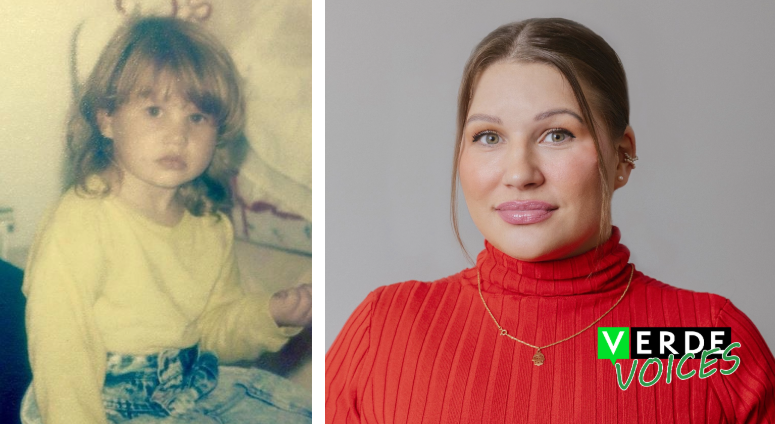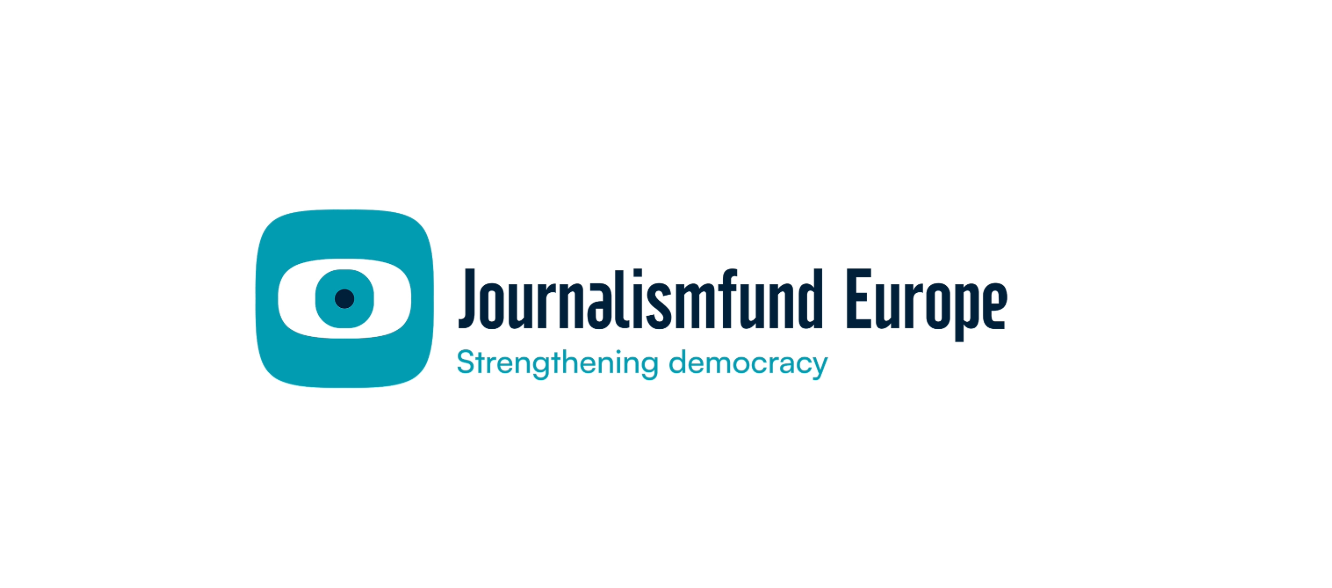Your name is part of your story – let it be heard
A name is more than a label, it’s part of your identity. Respecting and using everyone's names correctly builds great trust and belonging. Changing attitudes, not names, can help create a society where all identities are seen as a natural part of everyday life.

My name is Aicha Manai, and in Finland I’m used to hearing it pronounced in all sorts of ways: Aika, Asha, Aitsa, Aiiiizha, Aisa… Once, a telemarketer confidently began a call by asking, “Is this "Manai's akka (=old lady, hag) speaking?” – and we both had a good laugh.
A name is a core part of your identity; it stays with you for life. Sometimes it sounds exotic or unfamiliar and sparks curiosity, questions, or even prejudice. When you constantly have to explain your name, it can leave you feeling not entirely welcome. Using someone’s name respectfully and accepting it as it is shows regard and, can be the first step toward building trust.
Historically, names have played a significant role in shaping people’s opportunities. In the 1930s United States, many immigrants changed their names to make it easier to get a job and adapt to a new environment. The practice is not just history: in France today, it’s still common for someone named Mustafa, with North African roots, to go by Martin. In Finland, research by Akhlaq Ahmad (2016 and 2024) shows that a job applicant with a name perceived as Finnish is more than twice as likely to be invited to an interview as someone with a Somali- or Iraqi-sounding name.
Isn’t it time we changed attitudes, not names?
The importance of being seen
If a child learns early on that their name causes confusion or is seen as inconvenient, they may internalize the message that they belong only if they fit a predefined norm. This can lead them to hide parts of who they are. Each respectful encounter, on the other hand, affirms that they can be their authentic self.
In Finland, over 11% of the population is non-native in language, and in Helsinki, already one in four children in early childhood education speaks a language other than Finnish or Swedish at home (Statistics Finland, 2023). In daycare and schoolyards, names like Ali, Ahmed, Mohamed, and Nguyen are increasingly common. According to Sukunimi-info (2024), these were the fastest-growing surnames among Finnish citizens between 2015 and 2023. They reflect the fact that diversity is not an exception but a permanent feature of Finnish society and the environments in which children grow up.
Diversity is particularly visible in daycares and schools, where educators’ attitudes directly shape the messages children receive about their value and place in the group. Accepting and correctly using a child’s name is a small but powerful act that shows a willingness to meet them positively. It can strengthen their belief that they are free to be themselves. In contrast, repeated questions like “Where are you really from?” or “Do you speak Finnish?” can undermine a sense of belonging.
A safe atmosphere grows when diversity is seen as a natural part of everyday life. The key is consistent, day-to-day respect that acknowledges every person’s name and background. Resources like Rasisminvastainen opas (Anti-Racism Guide) and Kohtaamisen taidot moninaisessa arjessa (The Skills of Encounter in Diverse Everyday Life) by the NGO Familia ry offer practical tips on how to do this in daily work and interactions – and are well worth exploring.
Each of us has the power to strengthen another person’s sense of belonging. Small actions can have a big impact:
- Ask how to pronounce a name unfamiliar to you, and use it correctly.
- Don’t make assumptions about someone’s background or language skills based solely on their name.
- Listen to what they share about themselves, and let them define who they are.
A diverse background is not something that needs explaining. When this is understood and lived out, we raise a generation for whom all kinds of names and backgrounds are a natural part of life – nothing out of the ordinary.
Aicha Manai
Aicha Manai is the CEO of Startup Refugees, a social innovation that offers asylum seekers, refugees, and migrants support in finding employment, developing skills, and starting a business. In addition to her leadership role, she works as a facilitator and keynote speaker. Manai is Finnish-Tunisian and lives in Espoo, where she is raising her two sons. At home, her family’s everyday life is a mix of cultures, with Arabic, Somali, and Finnish all spoken daily.
Article in Finnish: Nimi on osa tarinaasi - annetaan sen kuulua

We’re proud to promote pluralism through fact-based journalism for and about Finland’s immigrant communities! Subscribe to our newsletter and receive all the articles bi-monthly directly to your inbox.
#VerdeVoices
Subscribe Verde Voices newsletter






